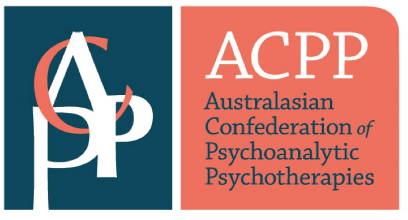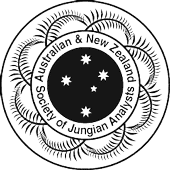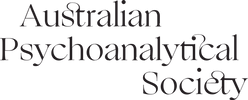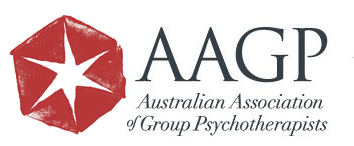The psychoanalytic psychotherapies are methods of treatment which explore not only conscious but also unconscious layers of the mind. Unconscious processes, which are not readily accessible, are understood to be the source of much of what we think and experience, and are considered largely responsible for maintaining a person’s internal suffering, and unsatisfactory relationships.
Practitioners of these therapies are drawn from the various disciplines of psychoanalysis, analytical psychology, psychoanalytic individual and group psychotherapy. Such practitioners complete theoretical and experiential post-graduate training and intensive case supervision, usually in addition to a basic professional qualification. This training consists of three parts; a minimum of three years’ (at least 250 hours) of theoretical seminars; supervision of at least two long-term clinical cases or therapeutic groups; and personal intensive psychoanalysis/psychoanalytical psychotherapy for the duration of the training. Each of these training components will have been completed concurrently. Their training enables practitioners to understand the many complex factors arising from early developmental experiences, and a range of personal relationships and life events, which shape one’s internal world. Their characteristic tripartite psychoanalytic training also enables them to understand distress and symptoms, uninfluenced, as far as possible, by personal bias. Practitioners apply theoretical and clinical knowledge acquired since the late 19th century, knowledge that is also constantly developing and evolving through current research and practice with individuals (children and adults), couples, families, or groups.




